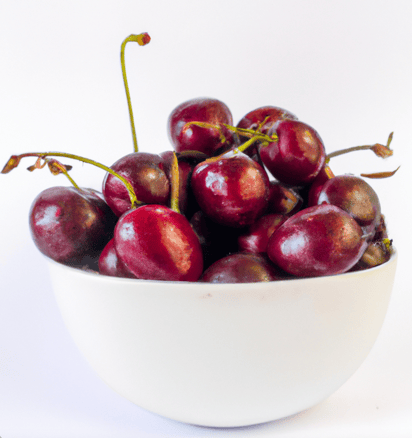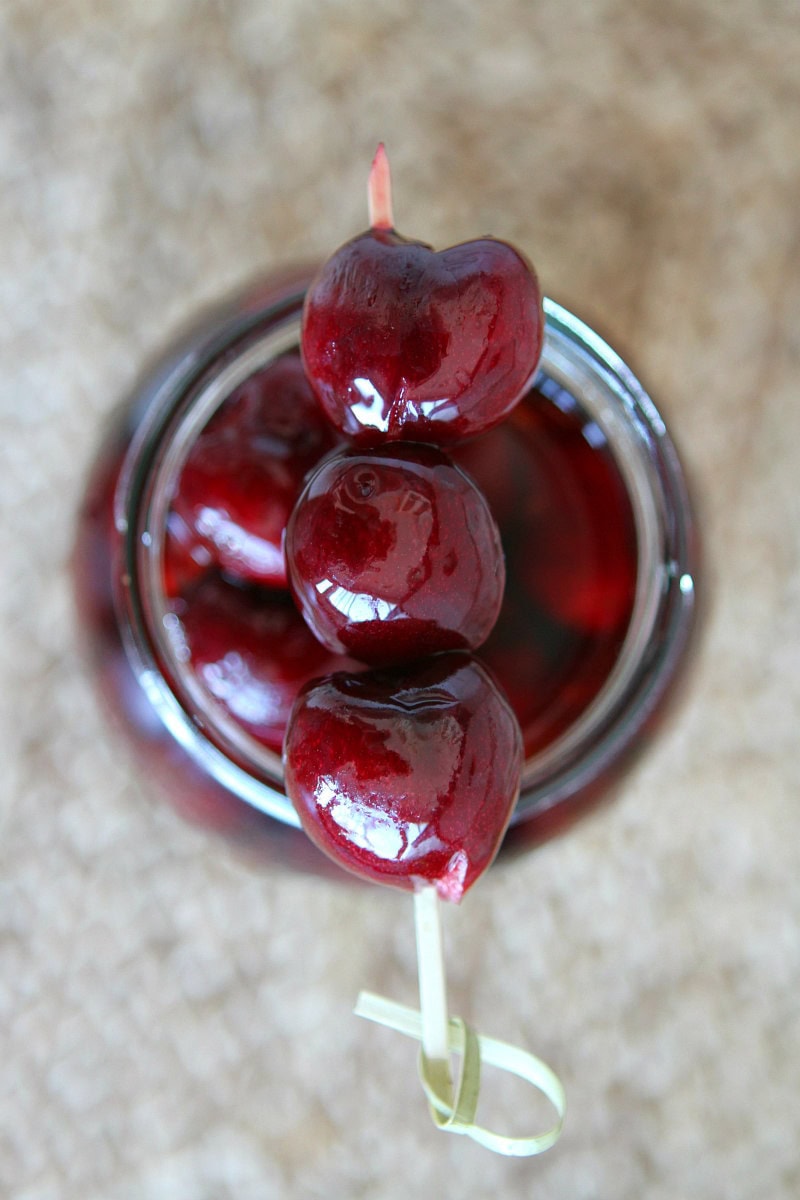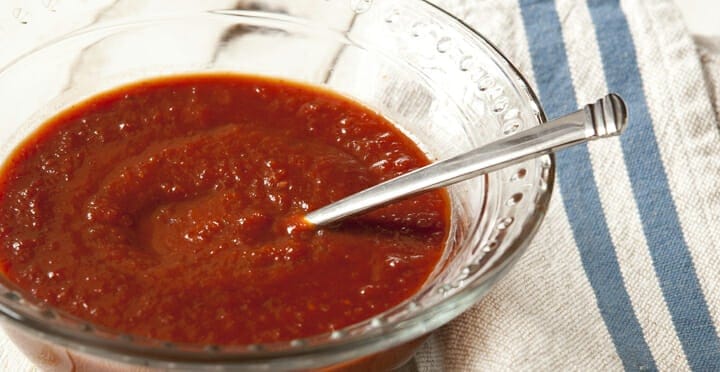Cherries: Important Facts, Health Benefits, and Recipes
Explore the health benefits, history, and culinary uses of cherries in our ultimate guide, and learn how this nutritious fruit can enhance your overall well-being.

Best Cherries Recipes
-

-

-

-
:max_bytes(150000):strip_icc()/__opt__aboutcom__coeus__resources__content_migration__simply_recipes__uploads__2020__04__Pork-Chops-Cherry-Sauce-LEAD-5-103b5d527449441da6dbbf1385fe3ac6.jpg)
-
:max_bytes(150000):strip_icc()/__opt__aboutcom__coeus__resources__content_migration__simply_recipes__uploads__2010__06__savory-cherry-compote-horiz-a-1200-f30c947d2f5d4da5a443e47cdd867866.jpg)
-
:max_bytes(150000):strip_icc()/__opt__aboutcom__coeus__resources__content_migration__simply_recipes__uploads__2020__07__Sweet-Cherry-Pie-LEAD-2-8d9a265fe53149a3a72d7817ef6fa453.jpg)
-
:max_bytes(150000):strip_icc()/Copyofcheesecake-docx-21-4-df6176f98d0e493b90b85adeb52237a8.jpeg)
-
:max_bytes(150000):strip_icc()/__opt__aboutcom__coeus__resources__content_migration__serious_eats__seriouseats.com__recipes__images__2013__08__2013825-264158-cherry-sangria-d07a7f64f932457b92a7776cb98ca27f.jpg)
-
![Chocolate Blancmange Recipe Image]()
-
![Millionaire's Cherry Rhubarb Jam Recipe Image]()
-
![Cold Watermelon Gazpacho Soup Recipe Image]()
-
![French Salad with Honey and Fruit Recipe Image]()
-
![Skillet Cherry Pie Image]()
-
![Cherry Lime Ice Pops Image]()
-
![Grilled Honey Chicken with Cherry Sauce Image]()
-
![Cherry BBQ Sauce Image]()
-
![Caprese Crostini Board Recipe Image]()
-
![Cherry Pie Filling Image]()
-
![Cherry Blackberry Crisp Image]()
-
![Cherry Crisp Image]()
-
![Cherry Pie Image]()
-
![Cherry Almond Crumble Image]()
-
![Vanilla Bean Waffles with Cherry Compote Image]()
-
![Sweet Cherry Cobbler Recipe Image]()
-
![Cherry Ice Cream with Chocolate Chips Recipe Image]()
-
![Black Forest Cake Recipe Image]()
-
![Cherry Hand Pies Recipe Image]()
-
![Homemade Maraschino Cherries Recipe Image]()
-
![Cherry Pie Bars Recipe Image]()
-
![Bourbon Cherry Crisp Recipe Image]()
-
![Cherry and Pistachio Frangipane Tart Recipe Image]()
-
![Classic Cherry Clafoutis Recipe Image]()
-
![Grilled Radicchio With Cherry Gastrique Recipe Image]()
-
![Cherry Gin and Tonic Cocktail Recipe Image]()
-
![How to Make Mini Cherry Pies Image]()
-
![Cherries Jubilee (Works for All Types of Cherry) Image]()
-
![Chilled Beet and Cherry Soup Recipe Image]()


:max_bytes(150000):strip_icc()/__opt__aboutcom__coeus__resources__content_migration__serious_eats__seriouseats.com__recipes__images__2012__08__20120814-218454-chocolate-blancmange-2009a83409b54baa8677c3544048f1ce.jpg)
:max_bytes(150000):strip_icc()/__opt__aboutcom__coeus__resources__content_migration__serious_eats__seriouseats.com__recipes__images__2013__05__05-05-2013-250268-preserved-cherry-rhubarb-jam-primary-edit-fd1883f8504e4e1fba5b17ccba5879a8.jpg)
:max_bytes(150000):strip_icc()/watermelon-gazpacho-soup-recipe-1136344-hero-01-46b329f136f34b388809aa7341ade2d9.jpg)
:max_bytes(150000):strip_icc()/Fruitsalad-GettyImages-811628388-5a0b1547482c5200372ddcd9.jpg)











:max_bytes(150000):strip_icc()/__opt__aboutcom__coeus__resources__content_migration__simply_recipes__uploads__2018__06__Cherry-Cobbler-LEAD-HORIZONTAL-a0b1bfd9c5164a00aaa66019c90b3e7d.jpg)
:max_bytes(150000):strip_icc()/__opt__aboutcom__coeus__resources__content_migration__simply_recipes__uploads__2008__06__cherry-ice-cream-cho-chip-horiz-a-1600-4fe54393912c4b43a05134c67a236487.jpg)
:max_bytes(150000):strip_icc()/__opt__aboutcom__coeus__resources__content_migration__simply_recipes__uploads__2020__10__Black-Forest-Cake-LEAD-2-d9f816cba2f048b6afd1e7149c024a6d.jpg)
:max_bytes(150000):strip_icc()/__opt__aboutcom__coeus__resources__content_migration__simply_recipes__uploads__2018__05__Cherry-Hand-Pies-LEAD-HORIZONTAL-b40199dab3464311aaceadebce78567e.jpg)
:max_bytes(150000):strip_icc()/homemade-maraschino-cherries-recipe-1807878-hero-01-0c582eee67284df882f15a7537352275.jpg)
:max_bytes(150000):strip_icc()/cherry-crumb-bars-3052730-hero-09-75f1224daa5843ab88f1eb411af3ef85.jpg)
:max_bytes(150000):strip_icc()/Simply-Recipes-Cherry-Bourbon-Crisp-LEAD-2-fdeaa14f147e42dc8e1fdbe4e1a1db02.jpg)
:max_bytes(150000):strip_icc()/__opt__aboutcom__coeus__resources__content_migration__serious_eats__seriouseats.com__2019__07__20190709-pistachio-frangipane-cherry-tart-vicky-wasik-22-e3e97065ff904dce8cfcb4d49fdfa49d.jpg)
:max_bytes(150000):strip_icc()/cherry-clafoutis-french-dessert-recipe-hero-f2b9c1c5a13e498eb30d7bc7391d613f.jpg)
:max_bytes(150000):strip_icc()/__opt__aboutcom__coeus__resources__content_migration__serious_eats__seriouseats.com__recipes__images__2017__06__20170602-grilled-radicchio-cherry-gastrique-vicky-wasik-10-7ac47f25cb064d818760a343c80492b8.jpg)
:max_bytes(150000):strip_icc()/SES-cherry-gin-and-tonic-2216220-hero-01-4fc686f05c8848aa8afc63a0d146ec61.jpg)
:max_bytes(150000):strip_icc()/MiniCherryPies-5941ca125f9b58d58a284d84.jpg)
:max_bytes(150000):strip_icc()/20240617-SEA-CherriesJubilee-JordanProvost-hero2-2ee09ce57ac947bf8b06ae4dff2df314.jpg)
:max_bytes(150000):strip_icc()/20240620SEA-ColdFruitSoup-HannahHufham-07-55c76886bd4e47e79677a19b8b938082.jpg)